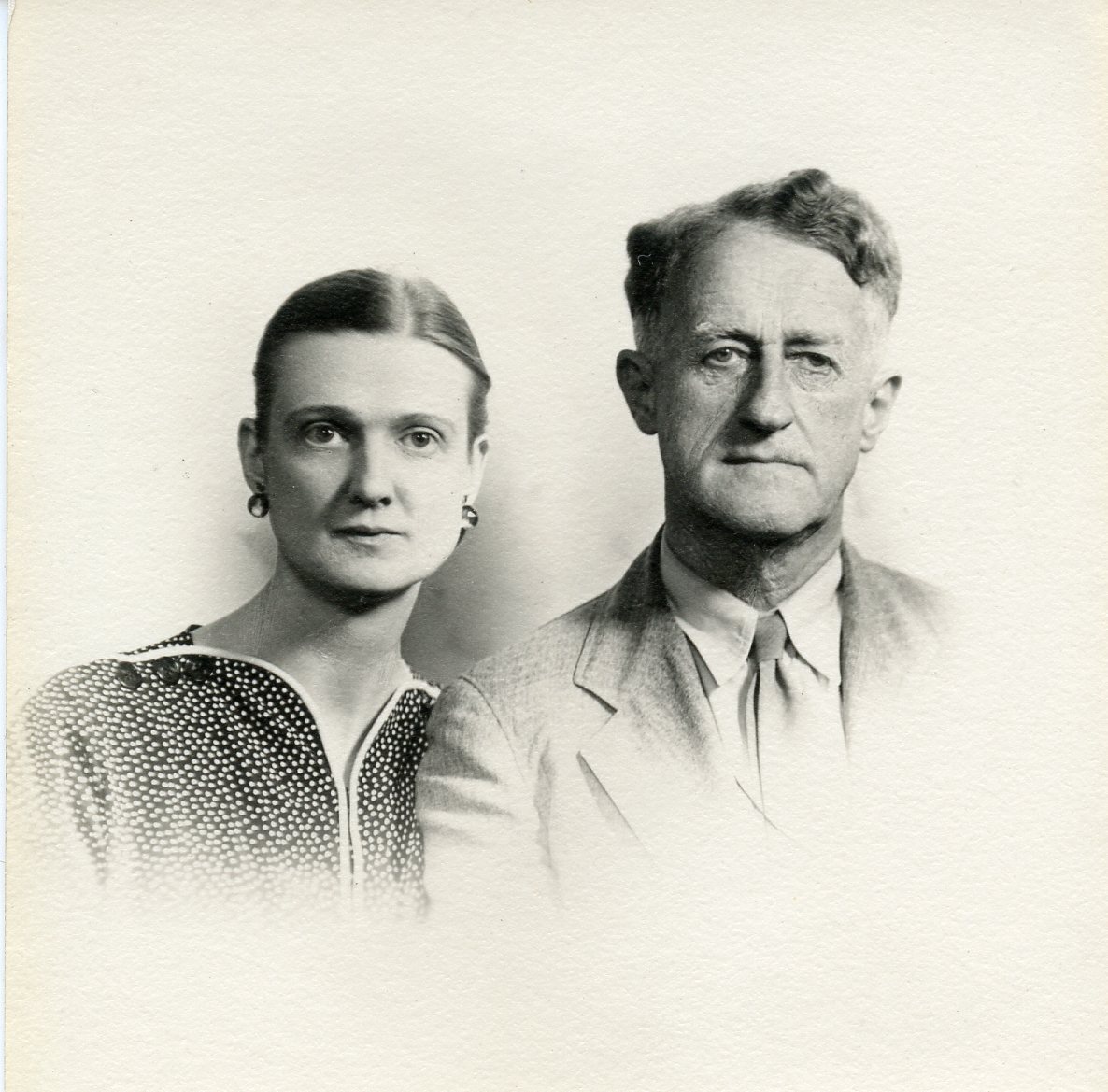June 1918. 104 years ago this week, all anyone could talk about in Mount Vernon was the war in Europe. Newspapers printed breathless accounts of Allied victories in between advertisements for war bonds. The local papers led their front pages with the draft lottery. The city was caught in the patriotic fervor of the moment.
One man, however, was telling a different story: William Foster Peirce, the president of Kenyon College, had recently come back from the Verdun front with a word of warning: This “present war [is] the most brutal in world history.”
Peirce was appointed president of Kenyon College at the young age of 28. He was well known for his writings, especially in The New York Times, where he often submitted editorials. As president, he was a teetotaler, as were many many Mount Vernon residents of the time, and committed to keeping Kenyon dry long before the passage of Prohibition. He was well regarded by the community as a representative of Mount Vernon to the national and international world.
Thus, it was no surprise when, starting in early March 1918, Peirce took six weeks to volunteer for the Red Cross in France. His return in June was anticipated in all the local newspapers with a luncheon and address. Knox County residents flocked to the court house on a late Friday evening to hear the first words from a Knox County eyewitness to the Great War.
Peirce recounted the horrors he saw at Verdun: families torn apart, men driven insane by shelling, and atrocities committed by retreating armies. In one instance a boy was hanged and survived, only for a German regiment to return and set him on fire. In another, he met a commandant who had lived during the Franco-Prussian War of 1870. Peirce recounted how moved he was watching soldiers pass his canteen to the front line in certain death, with only one phrase uttered: “For France.”
Peirce ended his remarks by telling the crowd that “Mount Vernon’s people as citizens here at home have just one common duty consisting of two great parts – save more and work harder.”
Mount Vernon would experience the war firsthand – many of its young men would serve in the 37th Division at Meuse-Argonne and Ypres-Lys. Peirce would go on to serve 41 years as Kenyon College’s president.


